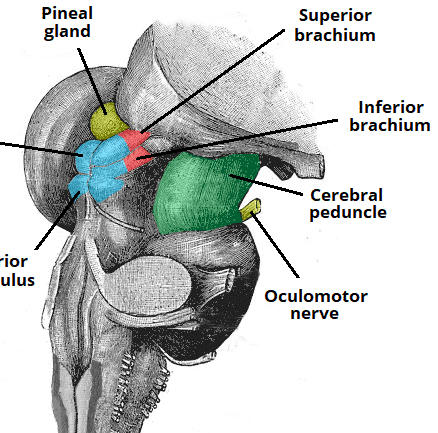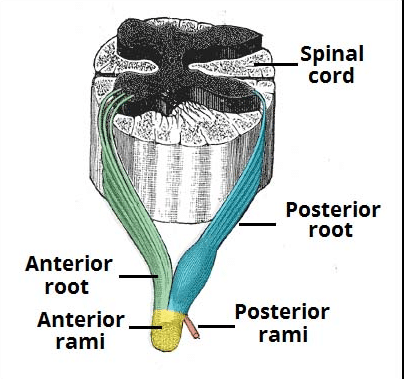- Core Concepts
- Peri-Operative Care
- Examinations
- General
- HPB
- Vascular
- Urology
- Orthopaedics
- Breast
- ENT
- Neurosurgery
- Plastics
- Cardiothoracics
- Transplant
- Consent
Neurological
format_list_bulletedAbout this section add remove
Knowing how to perform a comprehensive neurological examination is essential for any doctor, with surgery being no exception
Every neurosurgical presentation will require a comprehensive neurological examination, which can determine necessary intervention and influence outcome. Both cranial nerve and peripheral nerve examination are therefore key
However, even outside of neurosurgery, neurological examinations are essential. Patients can unfortunately develop a host of post-operative neurological complications, from delirium to subarachnoid haemorrhage. As such, learning how to perform a comprehensive neurological examination is essential for every surgical trainee.


